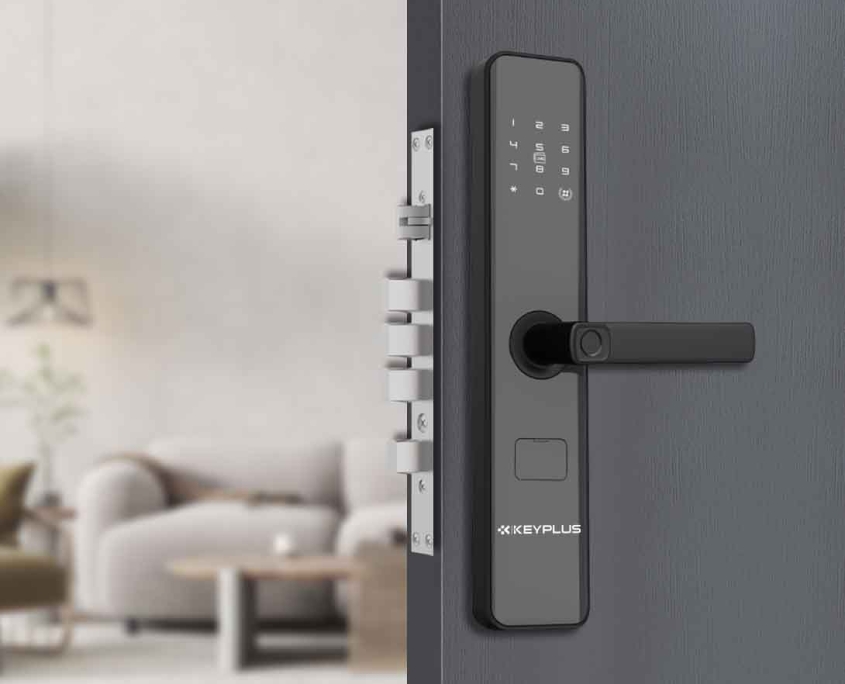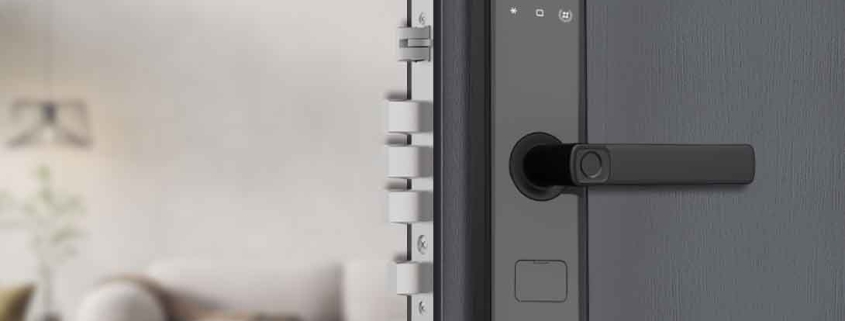Do Smart Locks Work with Wi-Fi?
Smart locks have become a popular choice for American homeowners looking to enhance security and convenience. One of the most common questions people ask is: Do smart locks work with Wi-Fi? The short answer is yes—many smart locks do connect to Wi-Fi, but not all of them. Some rely on Bluetooth, Z-Wave, or Zigbee instead. Understanding how Wi-Fi-enabled smart locks function can help you decide whether they’re the right fit for your home.
Wi-Fi connectivity allows smart locks to communicate directly with your home network, enabling remote access via smartphone apps. This means you can lock or unlock your door from anywhere, receive real-time notifications, and even integrate the lock with other smart home devices like Alexa, Google Assistant, or Apple HomeKit. However, Wi-Fi smart locks also have some drawbacks, including higher power consumption and potential security risks if your network isn’t properly secured. Let’s dive deeper into how these locks work and what you should consider before buying one.
How Wi-Fi Smart Locks Function
Wi-Fi-enabled smart locks connect directly to your home’s wireless network, eliminating the need for an additional hub (unlike Z-Wave or Zigbee locks, which require a bridge device). Once connected, you can control the lock through a dedicated app, such as August, Yale, or Schlage’s platform. This allows you to lock or unlock your door remotely, create temporary access codes for guests, and monitor entry logs in real time.
One key advantage of Wi-Fi smart locks is their ability to work independently without extra hardware. However, because Wi-Fi consumes more battery power than Bluetooth or other low-energy protocols, these locks often require more frequent battery changes. Some models, like the August Wi-Fi Smart Lock, include power-saving features to extend battery life, but it’s still something to keep in mind. Additionally, if your Wi-Fi goes down, some locks may revert to manual operation, while others (like those with Bluetooth backup) remain functional locally.

Pros and Cons of Wi-Fi Smart Locks
Pros:
- Remote Access: Control your lock from anywhere via smartphone.
- No Hub Required: Unlike Z-Wave or Zigbee locks, Wi-Fi models don’t need an extra bridge device.
- Smart Home Integration: Works with voice assistants (Alexa, Google, Siri) and other smart home systems.
- Real-Time Alerts: Get notifications when someone locks/unlocks the door.
Cons:
- Higher Power Consumption: Wi-Fi drains batteries faster than Bluetooth or Z-Wave.
- Network Security Risks: If your Wi-Fi is unsecured, hackers could potentially exploit vulnerabilities.
- Dependence on Internet: If your Wi-Fi goes down, remote features may stop working.
For Americans living in areas with unreliable internet, a dual-connection lock (like one with both Wi-Fi and Bluetooth) might be a better choice. Brands like Yale Assure Lock 2 offer this flexibility, ensuring you’re never locked out due to connectivity issues.
Are Wi-Fi Smart Locks Right for You?
If you prioritize remote access and smart home compatibility, a Wi-Fi smart lock is an excellent choice. They’re ideal for frequent travelers, Airbnb hosts, or families who want to grant temporary access to guests. However, if you’re concerned about battery life or prefer a more secure, low-energy connection, a Bluetooth or Z-Wave lock (with a hub) might be a better fit.
Before purchasing, check your Wi-Fi signal strength near your door—weak signals can cause connectivity problems. Also, ensure your home network is secured with WPA3 encryption and strong passwords to prevent hacking attempts. Popular Wi-Fi smart locks in the include the Keyplus K7S – Tuya Wifi App Fingerprint Smart Door Lock, KX1- Ultra-thin Superior Design Multi-functional Fingerprint Smart Lock Touch.
Ultimately, Wi-Fi smart locks offer unmatched convenience for tech-savvy homeowners. By weighing the pros and cons, you can choose the best model to keep your home secure and accessible—no keys required!









